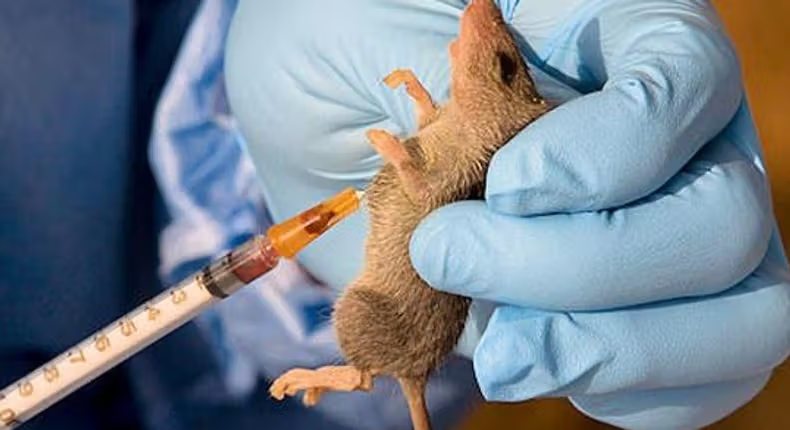Dr. Joseph Okoeguale, Director of Viral and Emergent Pathogens at Irrua Specialist Teaching Hospital, reported that Edo State has recorded 240 cases of Lassa fever and 21 deaths from December to March. This announcement was made during the First Edition of the College of Medical Sciences’ Lecture Series at Edo State University, Uzairue.
In his lecture titled “University Community Collaboration in Lassa Fever Research: Advancing Diagnostic Capacity and Vaccine Development in Nigeria,” Okoeguale highlighted the urgent need for research and development in response to this disease, which the WHO has classified as a priority.
Okoeguale noted, “In 2024, we recorded 240 positive cases, with more than 21 fatalities. This is quite alarming.” He emphasized that over 40% of these cases were reported from Etsako communities in Edo State.
He stressed that prevention and vaccination are crucial in combating the disease, which affects all age groups and both genders. “Lassa fever has persisted in causing mortality and remains undiagnosed in many cases,” he stated, underscoring the disease’s increasing incidence and geographical spread across Nigeria.
“The annual outbreak of Lassa fever places immense strain on our health system. To combat this, our response must focus on limiting mortality and reducing disease spread,” he added. Okoeguale reiterated the importance of vaccination as a vital tool for epidemic prevention.
The center is currently designing trials for new drugs and vaccines for Lassa fever and has established a state-of-the-art clinical trial and sequencing center. They have recently received approval from the European and Developing Countries Clinical Trial Partnership (EDCTP) to conduct trials on new drugs.
In collaboration with the U.S. Centers for Disease Control, Georgetown University, and Nigeria’s Centre for Disease Control, they aim to improve clinical management of Lassa fever and other infectious diseases to reduce mortality and morbidity in Nigeria and the West African region.
Acting Vice Chancellor Prof. Dawood Egbefo emphasized that Lassa fever remains a significant public health challenge, affecting countless lives and straining healthcare systems. He noted that the lecture serves as a platform for dialogue and partnerships aimed at building robust frameworks for ongoing research and intervention.
Dr. Kenneth Atoe, Acting Provost of the College of Medical Sciences, highlighted the need for collaborative efforts to combat Lassa fever, given the institution’s location within an endemic zone. He stated, “This underscores the urgent need for innovation in diagnosis, treatment, and prevention of Lassa fever and other infectious diseases.”

